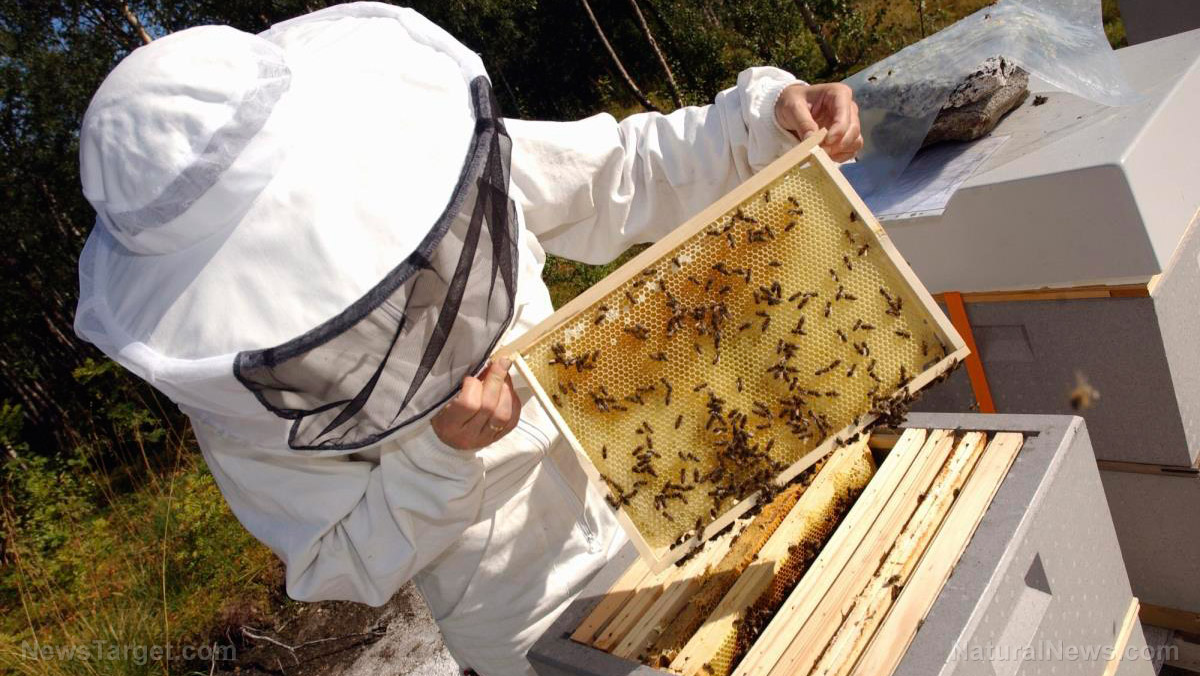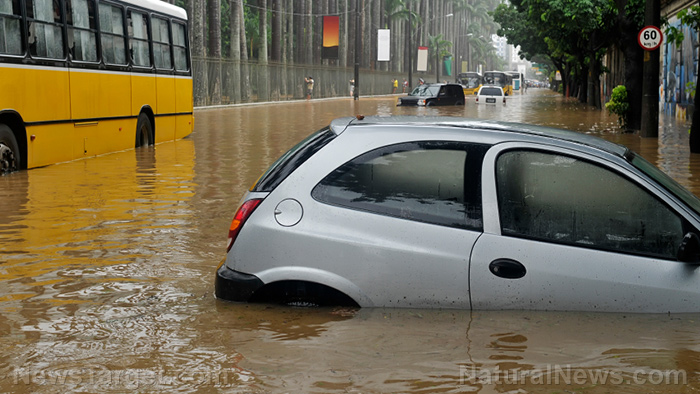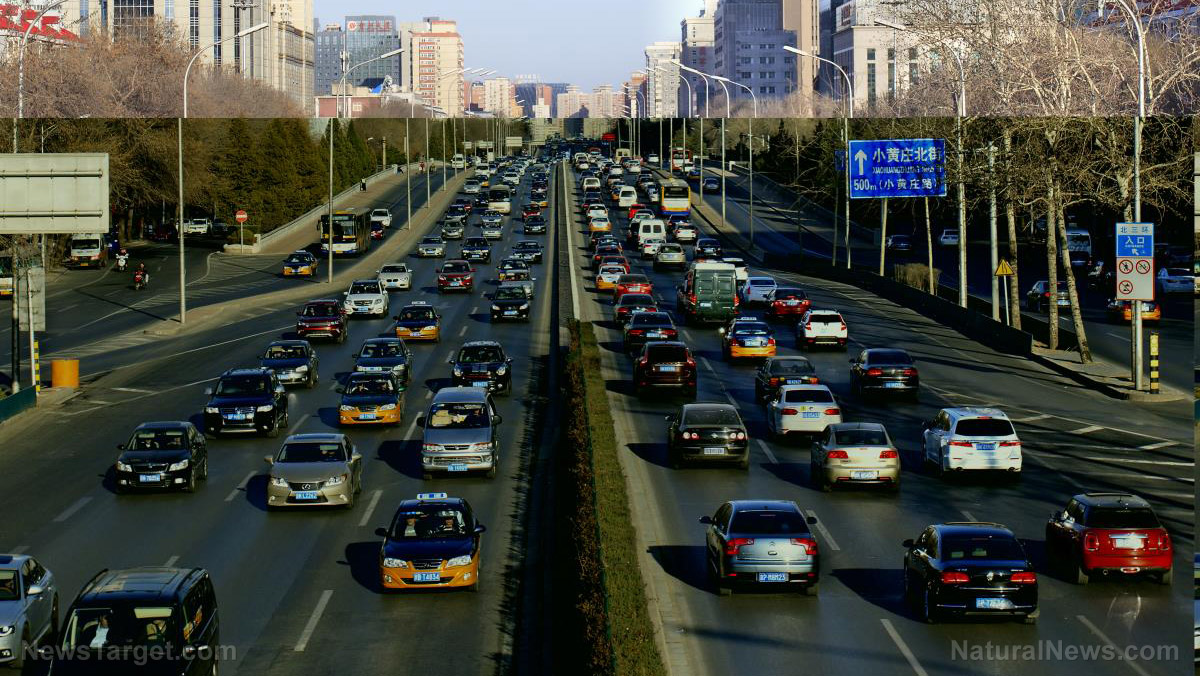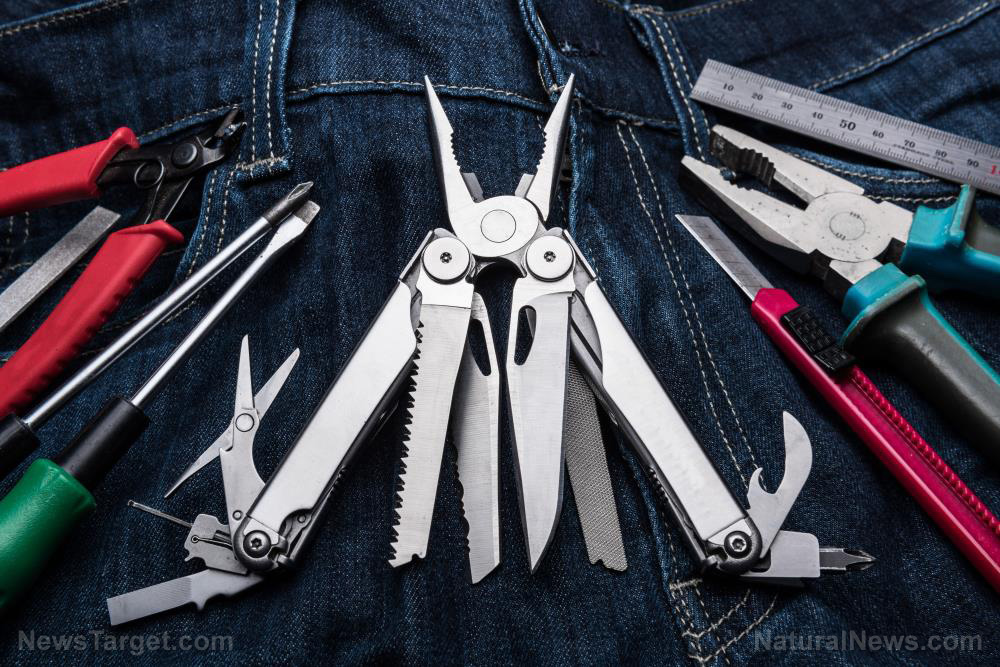5 Common issues rural homeowners face and how to address them
02/26/2020 / By Arsenio Toledo
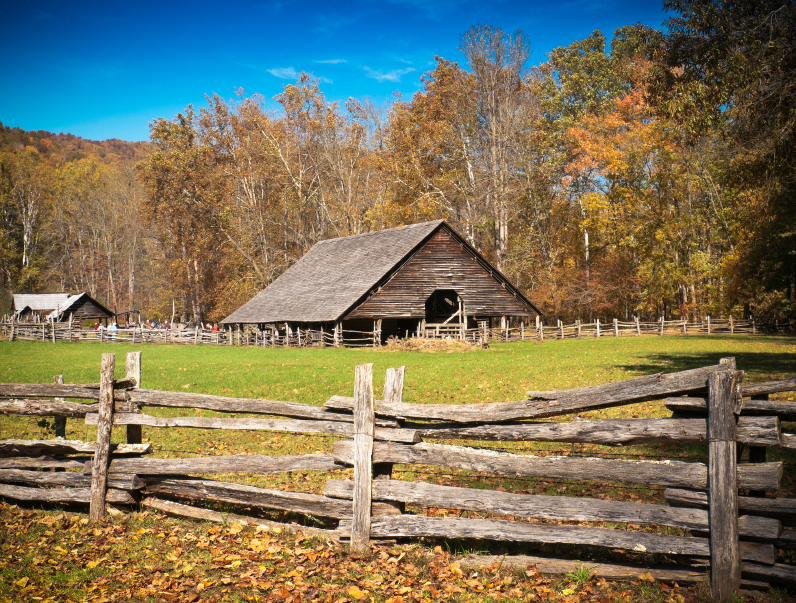
A great way to maintain your sense of security is to get out of the bustling metropolis and settle in the countryside where you can turn yourself into a fully self-sufficient homesteader. However, living away from the urban landscape comes with its own set of challenges that you should be aware of before you even consider uprooting yourself and moving. Here are five issues that rural homeowners can face. (h/t to DoomsdayMoose.com)
Remodeling costs
Construction companies tend to focus on the suburbs and in more densely populated areas. Chances are, if you can find someone who can help you remodel your house, it’s going to cost a lot more because it will be more expensive to transport materials. If you buy a newer house that doesn’t need a lot of work, this may not be a big problem. However, if you’re investing in an older home, consider factoring in the cost of remodeling before you make your purchase.
Very long commutes
Living away from the city means lengthy commutes. The distance can also be detrimental if, for example, you need to go to the city for work, or to take the kids to school. Take into account the long drives, as well as the length of time it takes for emergency services to get to your home before living out in the country.
Rural homes often have older foundations
If you’re going to set up shop in an old rural home, this means you have to deal with the house’s older foundations. This doesn’t just mean physical foundations, which you do have to get checked out. It also means you must refurbish electrical, heating, sewage and ventilation systems, among others. They may be older and may not be working as efficiently as the systems found in newer homes. Take into account how much you have to spend to repair — or replace — these systems.
Old plumbing systems
The sewage systems in cities are complex but efficient, so you won’t have any problems flushing the toiler or opening the tap for some water. In rural areas, this won’t always be the case. Your worst-case scenario is your new country home isn’t even connected to any kind of plumbing network. You may have to get your drinking water from a well connected to your house, or to a water tank that you must have refilled every few days. Furthermore, you may need to set up your own septic tank sewage system. Both of these systems need routine maintenance to make sure you never run out of water and that you don’t get poisoned by dirty water.
Extreme weather
Thanks to strong urban planning and easy access to emergency services, people living in the city — or even the suburbs — are usually shielded from the brunt of bad weather. This won’t always be the case if you live in a rural area. A tornado might hit your area; you may not be able to escape to higher ground during a flood; and the snow-plowing vehicles may not reach you quickly. When considering buying a place out in the countryside, look into the extreme weather scenarios you may have to face.
Rural living can be difficult, but it can bring with it some advantages. For one, living in a rural area allows you to become more self-sufficient. You can set up a garden where you can grow your own food and you can get some chickens to provide you with some extra sustenance. Since you will probably own a large plot of land, you’ll have more freedom to set up security measures to deal with possible home intruders. If you do your homework and prepare for the common issues and downsides that come with rural living, this type of lifestyle can be incredibly rewarding.
Sources include:
Tagged Under: countryside, Homestead, homesteading, off grid, preparedness, prepping, rural living, self-sufficient living, survival, survivalist
RECENT NEWS & ARTICLES
SHTF.News is a fact-based public education website published by SHTF News Features, LLC.
All content copyright © 2018 by SHTF News Features, LLC.
Contact Us with Tips or Corrections
All trademarks, registered trademarks and servicemarks mentioned on this site are the property of their respective owners.



